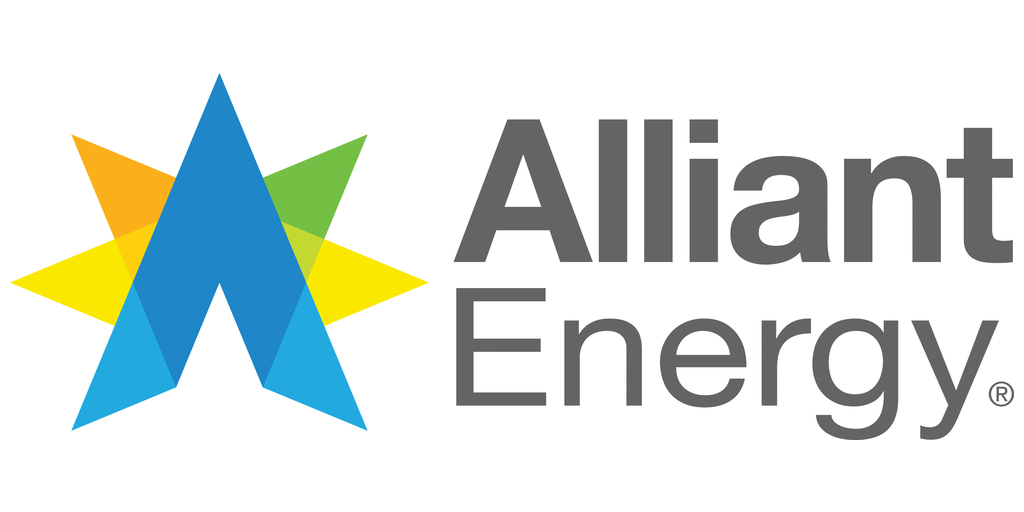Sign up for daily news updates from CleanTechnica on email. Or follow us on Google News!
Four years ago, Fairfax County, Virginia, unveiled an ambitions program that would bring rooftop solar systems to many schools, community centers, and park buildings in the county. Those systems would be paid for over time by reductions in the amount of money the county paid to Dominion, the utility company that services much of Virginia, including Fairfax County. Those rooftop solar installations were expected to generate up to 45 megawatts of emissions-free electricity and save the taxpayers of Fairfax County $60 million over their expected 25 year useful life.
At the time the plan was unveiled, Jeff McKay was about to become the chair of the Fairfax County Board of Supervisors. He told the Washington Post the county wanted to force the conversation on solar energy as part of a broader goal to be more aggressive about climate change related initiatives. “My theory on these environmental things is, we’re a big county; we’d better go in big and set an example,” he said. Also, “the estimate of $60 million in savings is not insignificant. There’s no downside to doing this at all.”
Fairfax County officials say they were inspired by agreements in other jurisdictions and by environmental activists. The inclusion of nearly 90 schools in the county’s initiative was due in large measure to a group of student activists — especially those at James Madison High School in Vienna who had lobbied for solar energy for several years.
How To Torpedo Rooftop Solar
But the plan did not sit well with Dominion, which, like many large investor-owned utilities, has a vested interest in selling as much electricity at possible — and limiting the ability of others to horn in on its territory. It argues that plans like this unfairly raise utility rates for others, especially low-income residents, because the $60 million the county saves will have to be made up somehow, most likely by raising rates for residential subscribers.
The plan moved forward, however, until Dominion found a way to impose its will on the process in 2022. That’s when it came up with a scheme to shut the process down. How did it do that? By suddenly demanding exorbitant fees to connect rooftop solar projects like those in Fairfax County to the grid. All across Virginia, the company began requiring upgrades for a “direct transfer trip,” a device which automatically disconnects a system from the grid, on some projects. Doing so requires laying a dark fiber optic transmission line to a substation at a cost of $150,000 to $250,000 per mile, and in some cases adding a relay panel that costs $250,000 for projects exceeding 250 kilowatts. The requirement raised the costs of projects like those in Fairfax County by 20 to 40 percent.
“This is a unique requirement by Dominion for this size system,” John Morrill, director of the Fairfax County Office of Environmental and Energy Coordination, told the Washington Post. “Wouldn’t some other technology that’s less expensive be suitable?” Dominion says the upgrades are necessary for grid reliability and safety to prevent arc flashes, wildfires, or injuries to line workers. Aaron Ruby, a Dominion spokesman, said the upgrades were instituted in response to a 600 percent increase in midsize projects after the 2020 passage of the Virginia Clean Economy Act, which encourages small-scale rooftop solar by third parties. He added that Dominion uses higher voltage lines than other utilities, making it harder to detect faults without direct transfer trip.
Undoing A Rooftop Solar Legislative Agenda
Does it seem to you, gentle reader, that the utility company is attempting an end run around the state legislature? Solar advocates point out that such third party projects compete with the company’s Dominion Energy Solutions business subsidiary. DES says on its website, “Let’s Power a Green Energy Future. Take control of your energy usage with cleaner, smarter power from an experienced team you can trust.” Are we to assume that the requirement for direct transfer trip devices would not apply if Fairfax County and other government entities in Virginia chose to do business with Dominion Energy Solutions instead of independent third party rooftop solar developers? That’s a question for readers to decide for themselves.
Proponents of rooftop solar in Virginia say Dominion’s requirements have halted dozens of small and midsize solar projects throughout the state — notably, in socially vulnerable neighborhoods as well as in the schools that championed rooftop solar for their financial benefits and to promote their clean energy goals. The students at those schools are certainly getting a lesson in how things work in the real world.
“We went from a worst case scenario of interconnection fees being about $20,000 — and that was a rare, worst case scenario — to we’re starting out at half a million and going up from there. They’ve literally shut down midsize solar,” said Alden Cleanthes of Norfolk Solar, which specializes in rooftop solar in low-income communities. After launching in 2019, her company did more than $2 million in business, including installations on two historically Black churches, a community center, and a family owned roofing company. In 2023, it completed no projects.
Others have similar tales. Prince William County Public Schools held off on a plan to install a rooftop solar system at Freedom High School because of an interconnection charge of more than $1 million. Henrico County suspended a 668 kilowatt solar array at the James River Detention Center after Dominion said interconnection costs would be $2.25 million or more.
An Appeal To Sanity
Since Dominion instituted the changes to its interconnection policies, the company and solar proponents have turned to the State Corporations Commission, which regulates the utility industry in Virginia, to decide whether the requirements are legal, justified, or necessary. Weighing filings from both sides, the commission last year removed the parameters, then months later reimposed many of the original requirements on an interim basis. There is no deadline for a final decision, which solar proponents find especially frustrating.
They argue that cheaper alternatives required by other states have been effective. They point to states where solar is more robust, such as New York, Massachusetts, and Hawaii, that have moved to less expensive solutions because fiber optic cable is an outdated technology. “There are industry best practices that we can really leverage and deploy within Virginia,” said Shay Banton, regulatory program engineer and energy justice policy advocate for the Interstate Renewable Energy Council (IREC) who has worked on grid integration since 2017. Dominion describes those cheaper alternatives as “unproven technology” in commission filings.
The Takeaway
The elephant in the room here is politics. Dominion is one of the most politically powerful utility companies in America, but control of the state legislature has bounced back and forth between Republicans and Democrats in recent years. The governor is a staunch Republican and of course he controls who serves on the State Corporations Board. If you thought this was all about managing the grid, think again. It is just as much about Dominion swinging for the fences when it thinks it has the upper hand.
This is a travesty, of course, for rooftop solar advocates. Instead of bringing clean, renewable energy to local communities, there has been a lack of forward progress on community control of renewable energy. Dominion is emblematic of many large investor-owned utility companies in America that are far more concerned with controlling the flow of electricity within their designated service area and less with doing what is best for the community. That’s what happens when you put investors in charge of community resources. How Virginia will resolve this conflict is anyone’s guess, but if you are holding out hope the citizens of the state who want more rather than less renewable energy will win, we have this advice: Don’t hold your breath.
Have a tip for CleanTechnica? Want to advertise? Want to suggest a guest for our CleanTech Talk podcast? Contact us here.
Latest CleanTechnica.TV Videos
CleanTechnica uses affiliate links. See our policy here.





